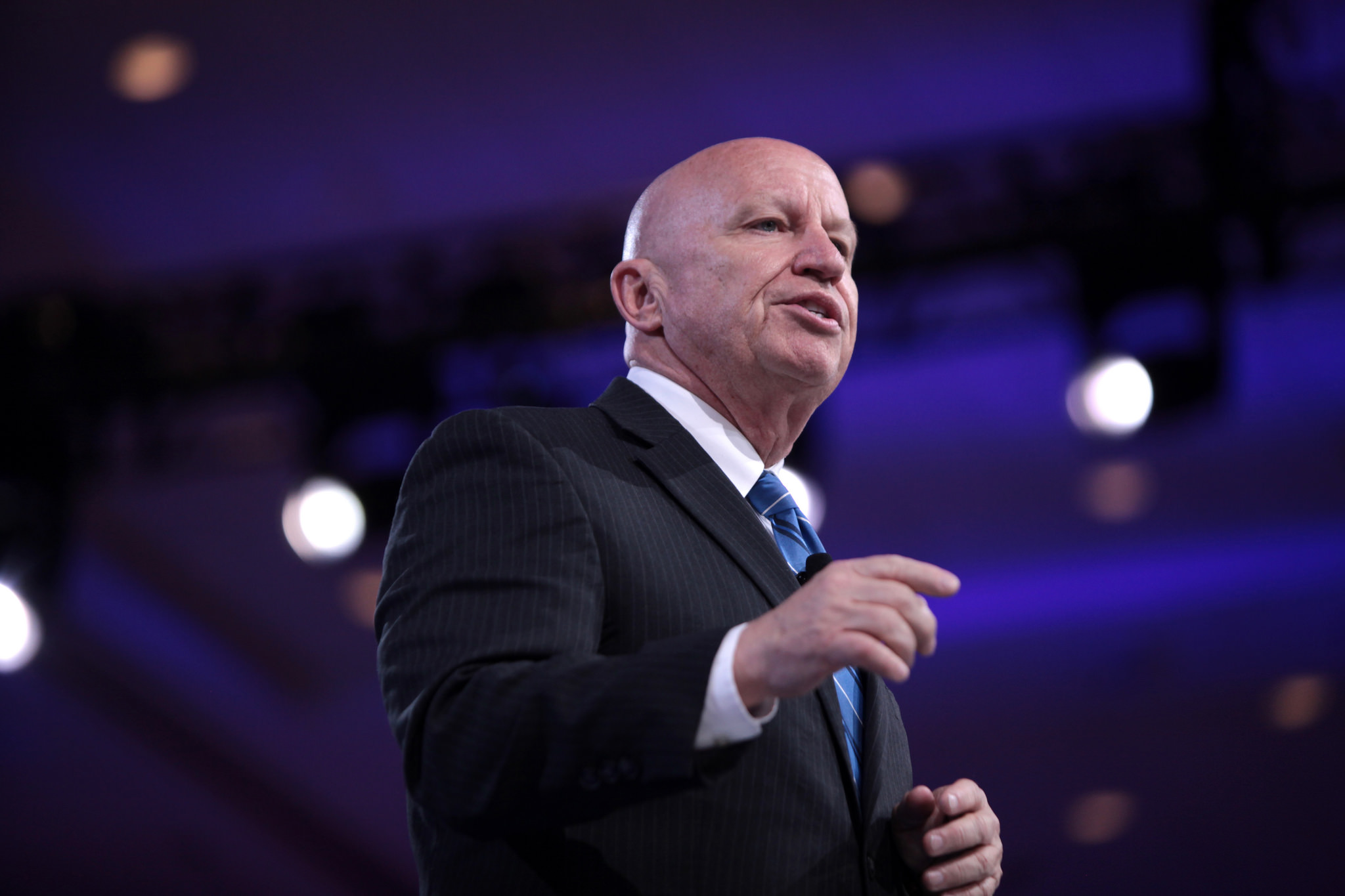Just two weeks after its introduction, and with a total of zero hearings, the U.S. House has approved what could be the biggest change to tax policy in at least a generation. The Senate Finance Committee also passed a GOP-sponsored tax bill that differs somewhat from the House measure.
Overall, the GOP plan cuts $1.5 trillion in taxes over the next ten years – the maximum cut that can be passed without Democratic support in the Senate. GOP proponents say the cost to the treasury will be offset by economic growth. Many economists doubt that will be the case.
Critics also point out that while business tax cuts are permanent, some of the cuts targeted at middle class individuals are temporary. That’s because GOP tax-writers need to keep the total cost of the plan under the $1.5 trillion limit imposed by deficit-spending rules.
Much coverage of the tax cut plans has centered on how they are likely to impact individuals and businesses, and which groups will be helped and hurt. But in Texas, at least some of the focus has fallen on House Ways and Means Committee Chairman Kevin Brady (R-The Woodlands), who crafted the House version.
Kevin Diaz, Washington correspondent for the Houston Chronicle says Brady has been working his way through the House leadership ranks for years, with the goal of implementing significant tax cuts.
Written by Shelly Brisbin.
















